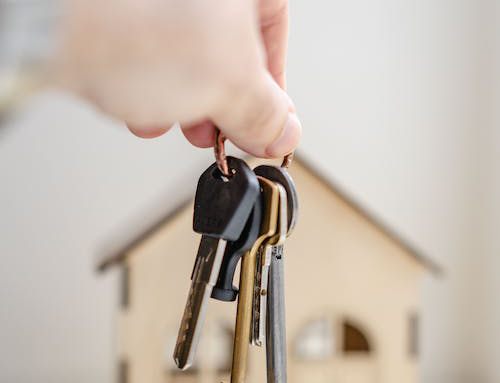What Happens When You Cosign On A Loan?
As a co-signer, you are agreeing to help someone get approved for loans in the future by being there with them if they can’t pay it back. A good credit score and income is required of any potential borrowers or lenders so make sure your transaction will be worthwhile before signing on the dotted line!
Someone might need a co-signer if…
The person who wants to get a loan can’t do it on their own and needs the help of someone else.
For example, if they have a bad credit score or bankruptcy in their history then this will cause them problems with getting approved for loans so somebody that has an excellent credit score is likely going to be needed as well. If there isn’t enough money left over at the end of each month after paying all monthly bills including rent/mortgage payments then also another co-signer may be required because without sufficient funds available it’s impossible for anyone to qualify for financing no matter how good one’s income might happen to look like when everything is calculated into consideration combined together etcetera.
Risks the Co-signer Takes
Friendship is a bond that’s strong enough to withstand anything, and co-signing on loans for friends or family members can be an act of kindness. However, one must understand the risks before agreeing to sign your name onto any dotted line in order to pay back debts.
Before putting your signature on the dotted line, ensure that you know what risks are involved. There is always a chance that if they can’t pay back their debt to the bank or lender then it becomes your obligation and not theirs! The financial risk of this may be too much for some people so before making any decision like this please do research first.
The Loan is Now Your Responsibility
An agreement to co-sign is a big responsibility that should be evaluated with care. The borrowed money becomes your liability, and the lender will not hesitate to take it from you if need arises. Before agreeing, make sure your finances are in order so that if anything happens then there won’t be any issues for them or you!
Your credit score can affect more than just your ability to get loans. Your personal relationships, profession and even where you live are all in the balance! A low credit score will make it much harder for new borrowers to find a home or car loan which means they’ll have less opportunities available when looking for jobs as well.
The new loan might show up on several different reports including details about late payments such as missed deadlines or overdue bills. This is not only going to impact negatively on the borrower but also their friends (because of lower chances at getting mortgages) future partners if one has bad credit too), kids because being married with debt makes those odds worse still).
Your ability to acquire credit is impacted
One of the drawbacks when you co-sign a loan, without question, is that your debt ratio increases. With this increase in debts and no offsetting income gains for each additional loan taken out as an authorized borrower on behalf of your cosigner (the person whose reputation will be at stake should they default), it becomes much more difficult to get approved for any new loans.
Protect Yourself as a Cosigner
You should always speak with the lender before becoming a co-signer. Find out what responsibilities you’ll have, and how they will communicate to you regarding late or missed payments. You also want to stay in contact with the borrower so that if anything changes it can be communicated back immediately. If possible, request access into their loan account for easier tracking of repayments too – this is great because even though some lenders allow a co-signer release after certain conditions are met; others don’t! Be aware of risky loans such as those which take longer than usual time periods (anywhere from 5 years on) and/or large amounts ($50K+).







Leave A Comment